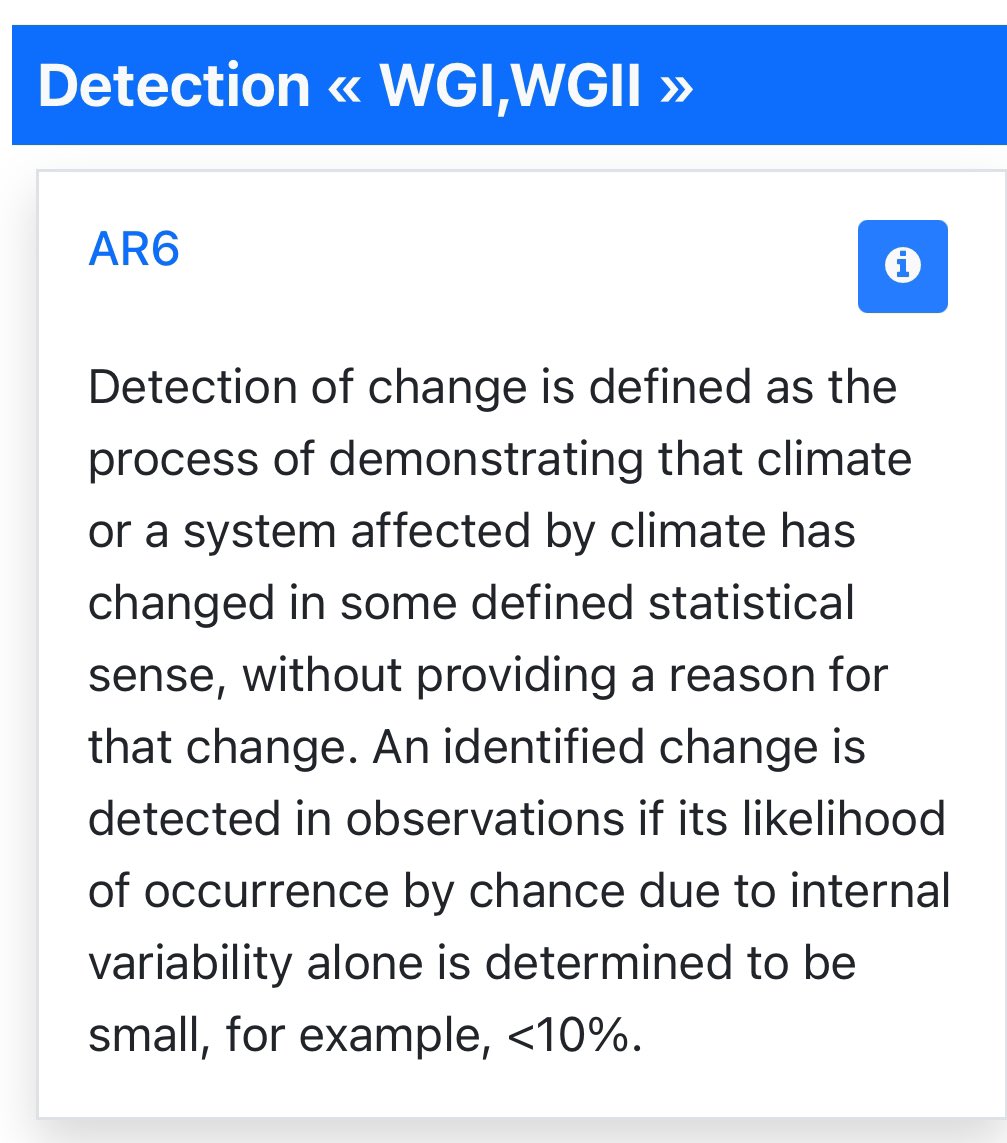FACT CHECK🧵
Hurricane Ida Isn’t the Whole Story on Climate by @BjornLomborg wsj.com/articles/hurri… via @WSJOpinion
Hurricane Ida Isn’t the Whole Story on Climate by @BjornLomborg wsj.com/articles/hurri… via @WSJOpinion
In the @WSJ @BjornLomborg uses our analyses of hurricane landfalls to argue that "the frequency of hurricanes making landfall in the continental U.S. has declined slightly since 1900"
Can that be true?
Yes it is
Figure below updated from: journals.ametsoc.org/view/journals/…
Can that be true?
Yes it is
Figure below updated from: journals.ametsoc.org/view/journals/…

Well what about major US hurricanes. After all they cause >85% of all damage.
No they haven't increased either
Also updated from @philklotzbach et al 2018
No they haven't increased either
Also updated from @philklotzbach et al 2018

But what about the entire North Atlantic basin, after all the US is not the only place in the world that gets hurricanes
Last year (still preliminary) was a record for landfalls, but since 1944, no overall trend
Updated from: doi.org/10.1175/JCLI-D…
Last year (still preliminary) was a record for landfalls, but since 1944, no overall trend
Updated from: doi.org/10.1175/JCLI-D…

OK, but what about the world? After all the North Atlantic has only about 15% of landfalling TCs of hurricane strength
Here we see an increase from 1970 ... but if we look further back in time ...
Also updated from @JessicaWeinkle et al 2012 doi.org/10.1175/JCLI-D…

Here we see an increase from 1970 ... but if we look further back in time ...
Also updated from @JessicaWeinkle et al 2012 doi.org/10.1175/JCLI-D…


There's not comprehensive records globally <1970 but we can go back in time for the North Atlantic & the Western North Pacific, which together have ~70% of all global landfalls
We see an overall decrease since 1945 & majors no trend
Also updated from @JessicaWeinkle et al 2012
We see an overall decrease since 1945 & majors no trend
Also updated from @JessicaWeinkle et al 2012

OK, maybe landfalls aren't the place to look for increases, how about overall hurricane activity whether they landfall or not?
Again, hard to see any trends
Global TC activity via @RyanMaue 1970-2020
Again, hard to see any trends
Global TC activity via @RyanMaue 1970-2020

OK so is @BjornLomborg consistent w/ IPCC?
"A subset of the best-track data corresponding to hurricanes that have directly impacted the U.S. since 1900 is considered to be reliable, and shows no trend in the frequency of U.S. landfall events"
ipcc.ch/report/ar6/wg1/
Yes, he is
"A subset of the best-track data corresponding to hurricanes that have directly impacted the U.S. since 1900 is considered to be reliable, and shows no trend in the frequency of U.S. landfall events"
ipcc.ch/report/ar6/wg1/
Yes, he is
Bottom line:
@BjornLomborg has accurately conveyed the peer-reviewed literature & IPCC conclusions on US hurricane landfalls
More broadly, the US is not an outlier, as similar trends can be found globally on climate time scales
FACT CHECK = 👍👍👍👍👍
@BjornLomborg has accurately conveyed the peer-reviewed literature & IPCC conclusions on US hurricane landfalls
More broadly, the US is not an outlier, as similar trends can be found globally on climate time scales
FACT CHECK = 👍👍👍👍👍
PS. But what if you want to cherry pick the data to show more landfalls?
Some suggestions💡:
✅Start data in 1970 to 1980 (lowest activity period this century)
✅Use pre-1944 data in NA (even better, pre-1900)
✅Do some fancy stats on the actual data to create a trend
😎
Some suggestions💡:
✅Start data in 1970 to 1980 (lowest activity period this century)
✅Use pre-1944 data in NA (even better, pre-1900)
✅Do some fancy stats on the actual data to create a trend
😎
• • •
Missing some Tweet in this thread? You can try to
force a refresh
















